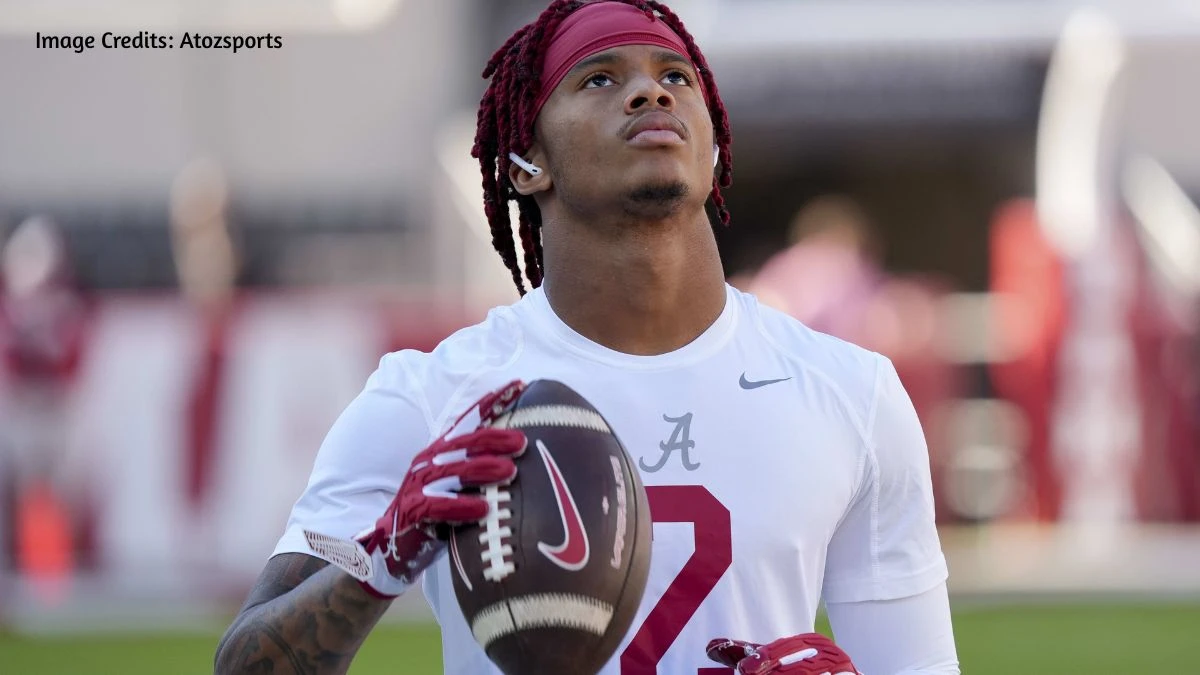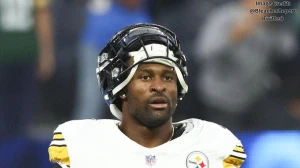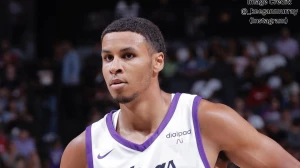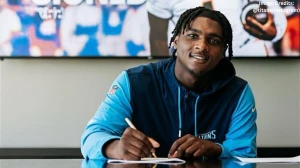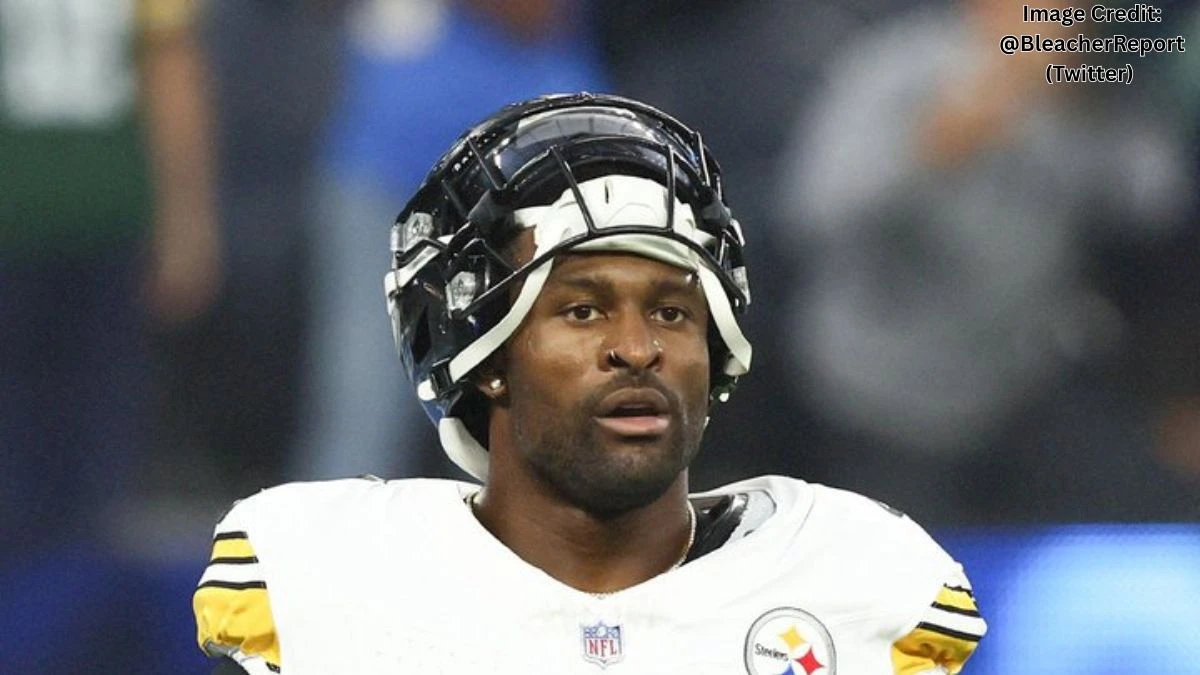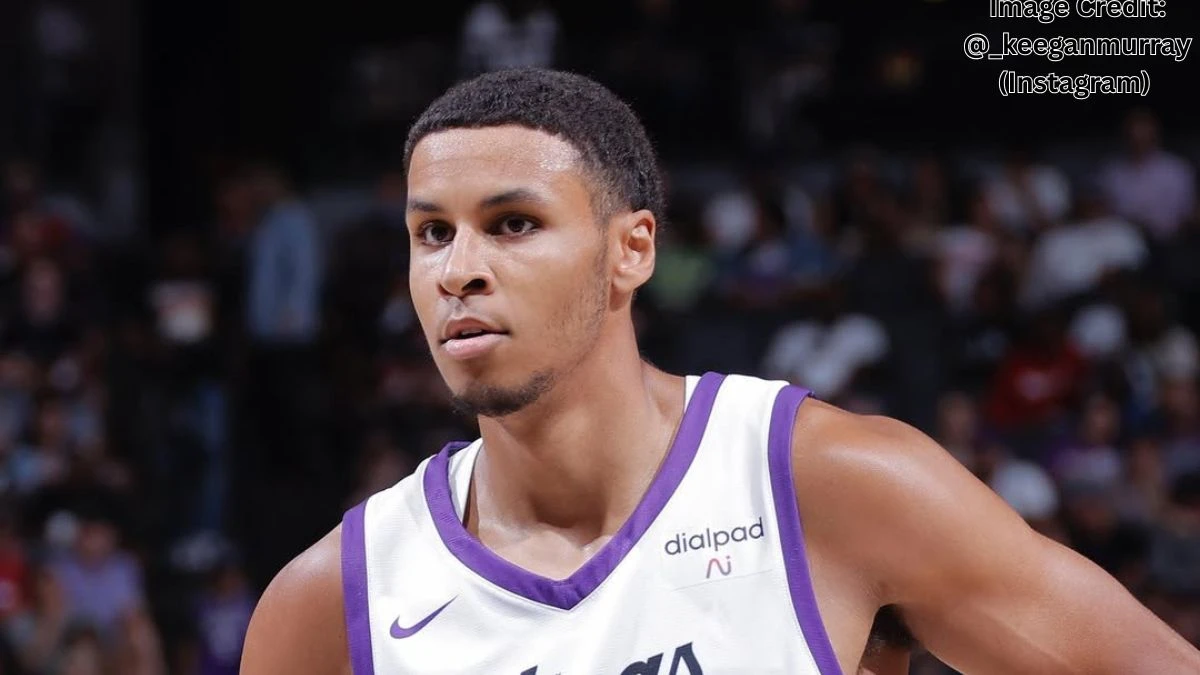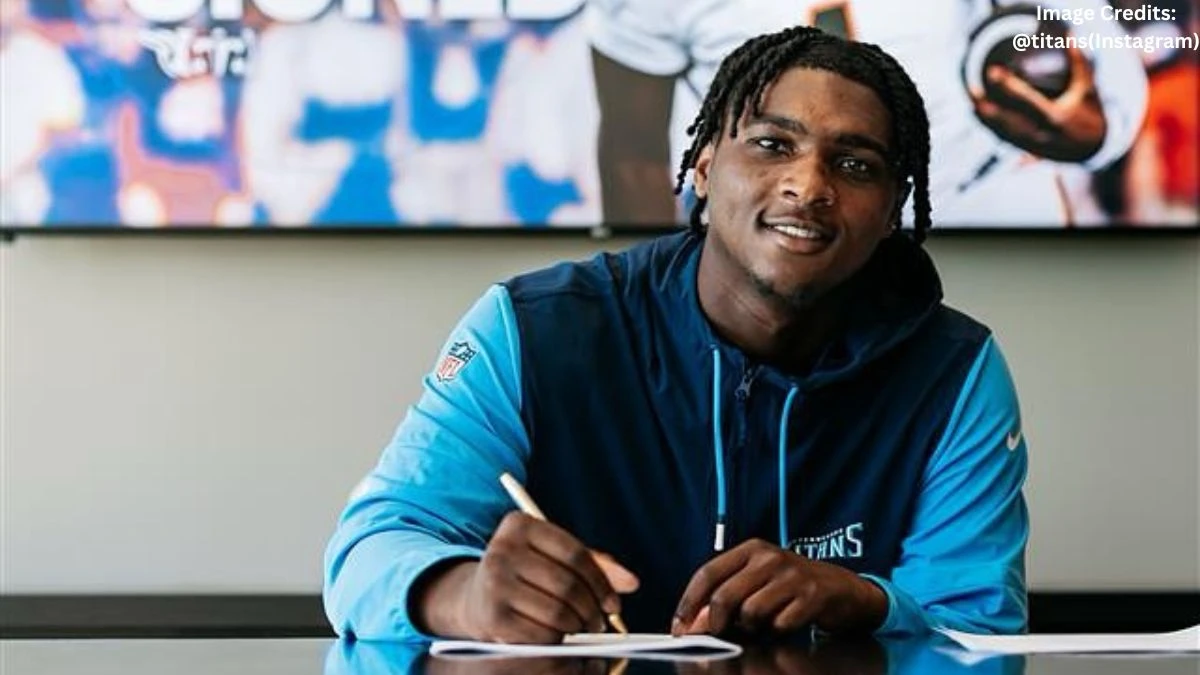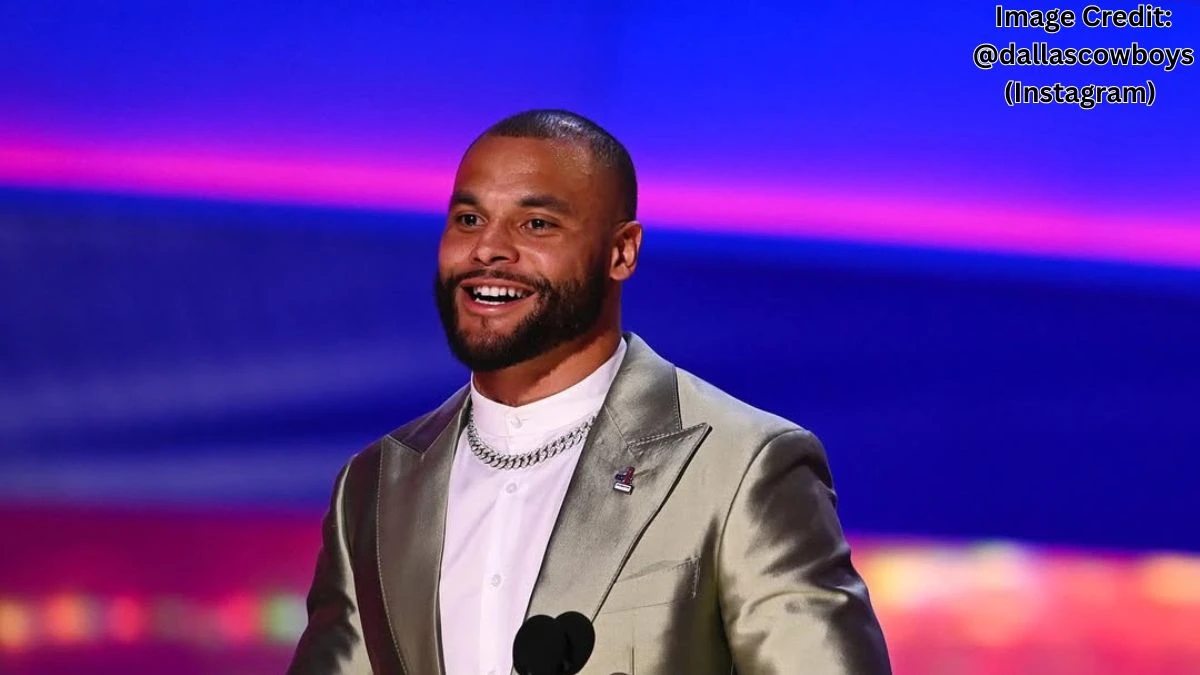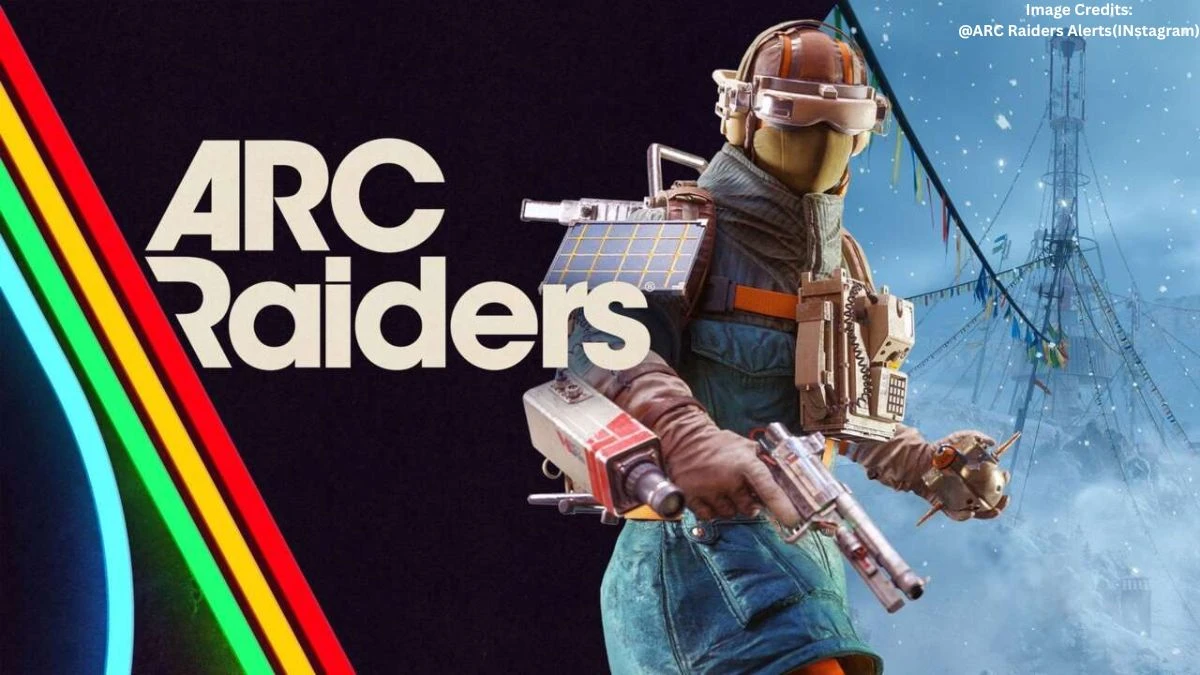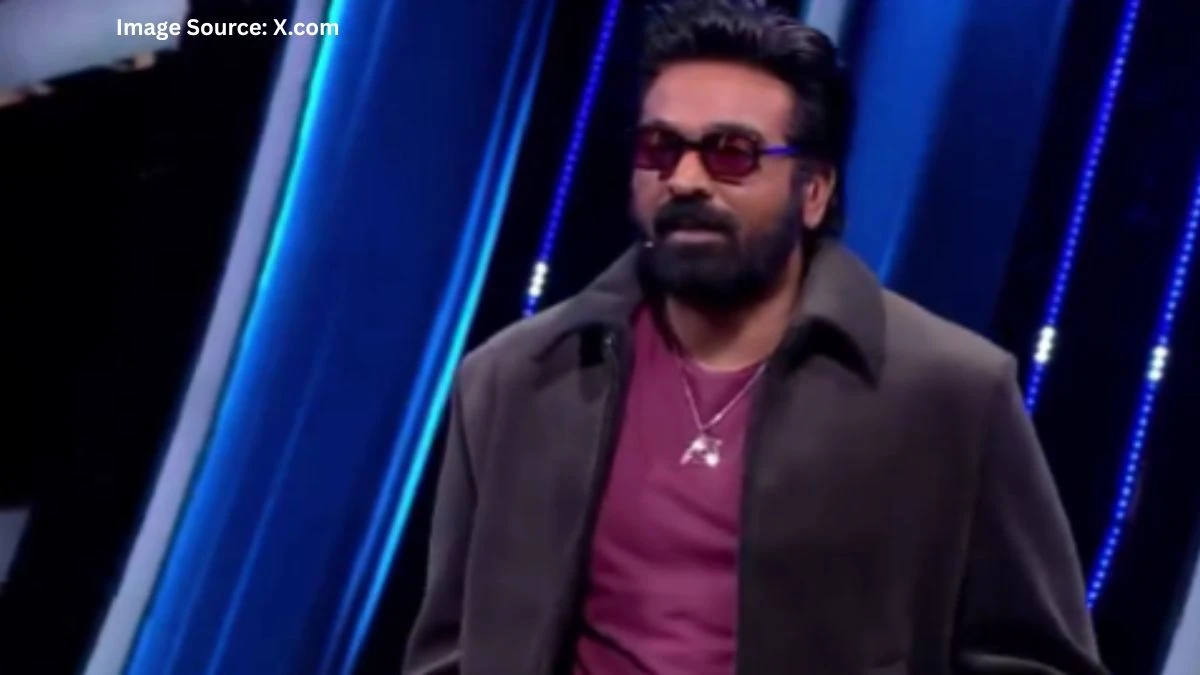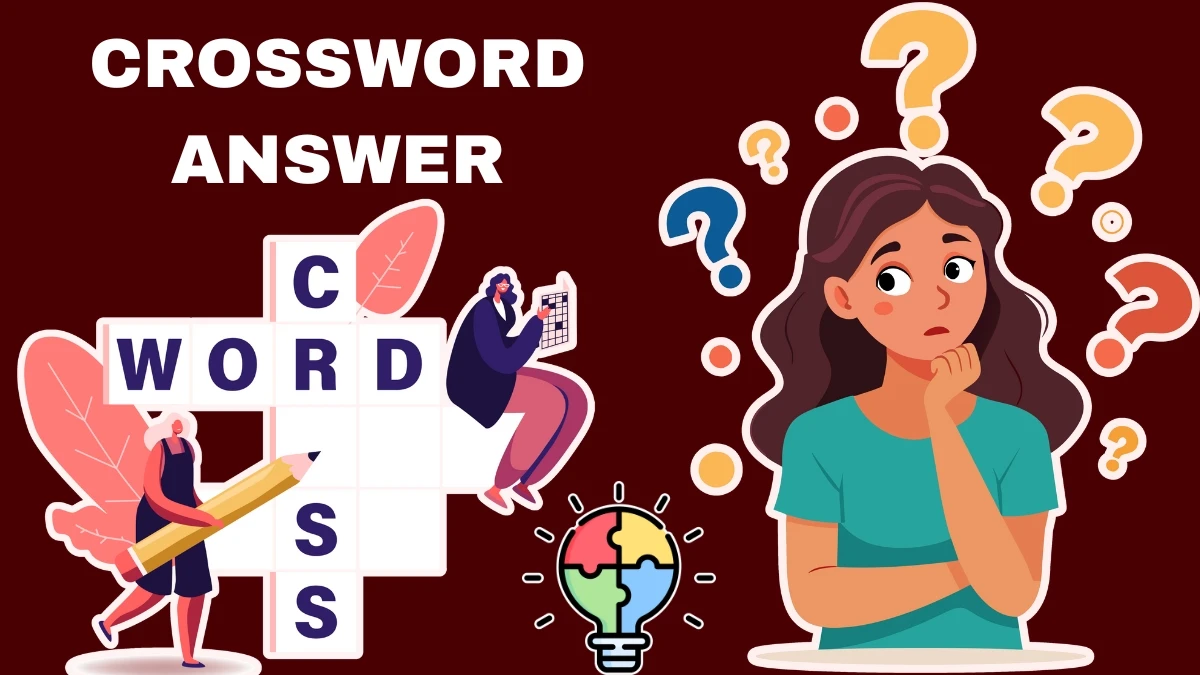Ryan Williams Injury Update
Ryan Williams saw a nightmare twist in a game that should've been ordinary. It was late in the fourth quarter of Alabama’s opener against Florida State—a tough loss, honestly, even before Williams went down. He’d been targeted eleven times, caught five short passes for thirty yards, but had three drops that seemed to hang over him like storm clouds. Not his sharpest night, let’s put it that way. Then, with about six minutes left, Williams took a pass over the middle from Ty Simpson, but couldn't quite bring it in. Two Florida State defenders—the ever-present Earl Little Jr. among them—crashed into him. A flag came out for targeting, but, after review, it was wiped away. Williams just lay there, trainers rushing over, the stadium holding its breath the way they do when you sense something’s gone wrong but don’t know how bad yet.
Concussions are deeply unsettling—not the dramatic broken-bone injuries that fans gawk at, but quieter, scarier. There’s a moment after a head hit where even sideline reporters get hushed, waiting for some flicker of improvement. Williams was eventually helped up, walking with trainers beside him, then straight to the locker room. That image sticks: a young player, so explosive just last year, leaving not triumphantly, but cradled by staff.
He never returned to the game, and honestly, no one expected him back that night. I’ve seen enough football to know a concussion scare means the medics take over and protocol trumps all. Alabama coach Kalen DeBoer confirmed it: Williams would be “day-to-day,” firmly under concussion protocol, and definitely not a sure thing for next week’s game against Louisiana-Monroe.
Here’s hoping. Williams is young, just a sophomore, but has real star power—865 yards and 8 touchdowns his freshman season, with highlight reels that Alabama fans rewatch too much and with pride. But this season, the offense looked out of sync and Williams never got into rhythm before the injury. Still, his potential to stretch defenses and open lanes for teammates is the kind of thing that can reshape whole games. DeBoer said he’s “coming along nicely, day-by-day,” which coaches always say whether a kid is coming back soon or not—but there’s cautious optimism out there. He’s been spotted taking part in some practice, but he’ll get limited reps until every part of the concussion protocol is checked off.
No official word yet on exactly when Williams returns. With concussions, timelines are slippery—sometimes you see a guy back in a week, sometimes it’s longer. The Alabama staff is playing it safe (“No sense rushing a star back, right?” one fan wrote on the Crimson Tide subreddit, which pretty much sums up the mood). Some think the team’s depth at receiver makes holding Williams out of the Louisiana-Monroe match a sensible play, with an eye toward bigger, nastier matchups on the horizon. If there’s a silver lining, it’s this: the injury doesn't appear season-ending, and Williams should be back sooner rather than later. In the meantime, fans anxiously scroll Twitter for any glimmer—a good sign in practice, a nod from the coaches, an insider hint. Everyone’s hoping, but no one’s rushing. A concussion isn't just an injury; it’s a story of patience, nerves, and really, a whole lot of wishing for better luck next time.
It's the kind of moment that tones down any “robotic” optimism football sometimes carries. People talk about football’s violence and how it “builds character,” but when you see a talent like Williams helped off, most folks just want him healthy—soon, but not too soon. Ask around in Tuscaloosa this week, and the answer you’ll get is: “Let’s get our guy back when he’s ready, not a minute earlier.”

